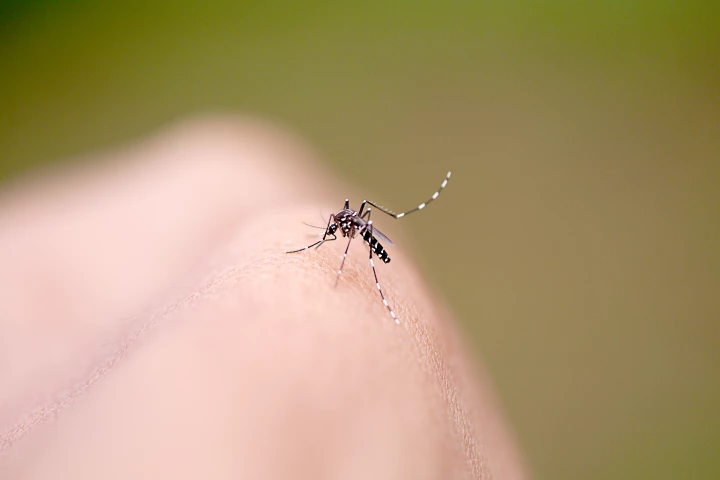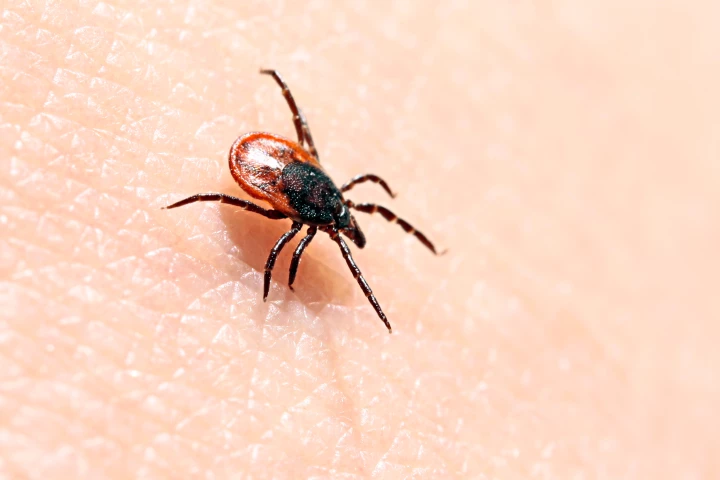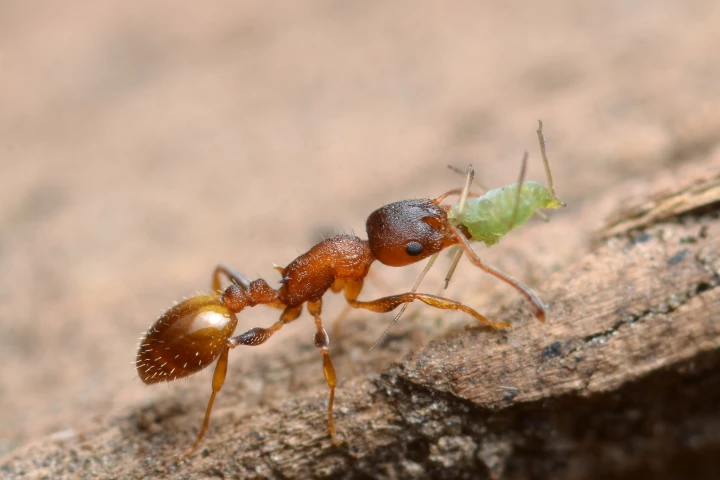Parasites
-
For many, the idea of having a few dozen hookworms set up shop in your gut sounds more like a Survivor challenge than a beneficial health therapy, but scientists see a bright future in the human worm farm's ability to protect against chronic disease.
-
In one of the more stomach-churning studies, a team led by the University of Cambridge has probed poo from two ancient toilets in Jerusalem and discovered traces of a microorganism called Giardia duodenalis, which causes diarrhea in humans.
-
Toxoplasma gondii is a common parasite in humans, but exactly how it’s so good at spreading has been murky. Now scientists at Stockholm University have uncovered a sneaky Trojan horse technique that allows it to avoid the immune system.
-
Promising results from a Phase 1 human trial testing a novel monoclonal antibody treatment designed to prevent malaria infection reveal almost every volunteer resisted infection after being deliberately exposed to malaria.
-
Imagine a parasite has infected you and that parasite needs you to have sex to move to a new host. An extraordinary new study suggests one of the most common parasites in the world may be manipulating its human host’s appearance to be more attractive.
-
It can be challenging, trying to selectively kill off an invasive plant that grows in amongst non-target native species. A new initiative is aiming to do just that, however, by introducing a weed-eating mite into the Canadian environment.
-
A new study is reporting the development of a novel mRNA-based vaccine designed to help resist tick bites. Preclinical tests in guinea pigs indicate the vaccine aids the immune system in recognizing tick bites before they can transmit any disease.
-
BioNTech, the pioneering mRNA company responsible for one of the world’s first COVID-19 vaccines, is now looking to develop an mRNA malaria vaccine. Working with the World Health Organization the company hopes to begin human trials sometime next year.
-
One of nature’s most intriguing horror stories is that of the fungus that “zombifies” ants to spread its spores. Now, researchers have discovered the oldest known example of this kind of parasite at work, preserved in ancient amber.
-
Besides being known for their cube-shaped droppings, wombats are also subject to the disease sarcoptic mange. In order to understand how the mange-causing mites are able to spread between wombats, scientists have developed a burrow-exploring robot.
-
Although the use of pesticides is harmful to the environment, farmers still need a way of keeping crop-damaging organisms at bay. According to a new study, a combination of agricultural and beer brewing waste products may be able to help.
-
The first thing many of us might wish for is eternal youth, but there’s always a catch. Now, scientists have discovered a version of this story playing out in ant nests, as parasites drastically extend the lifespan of worker ants – at a terrible cost.
Load More











